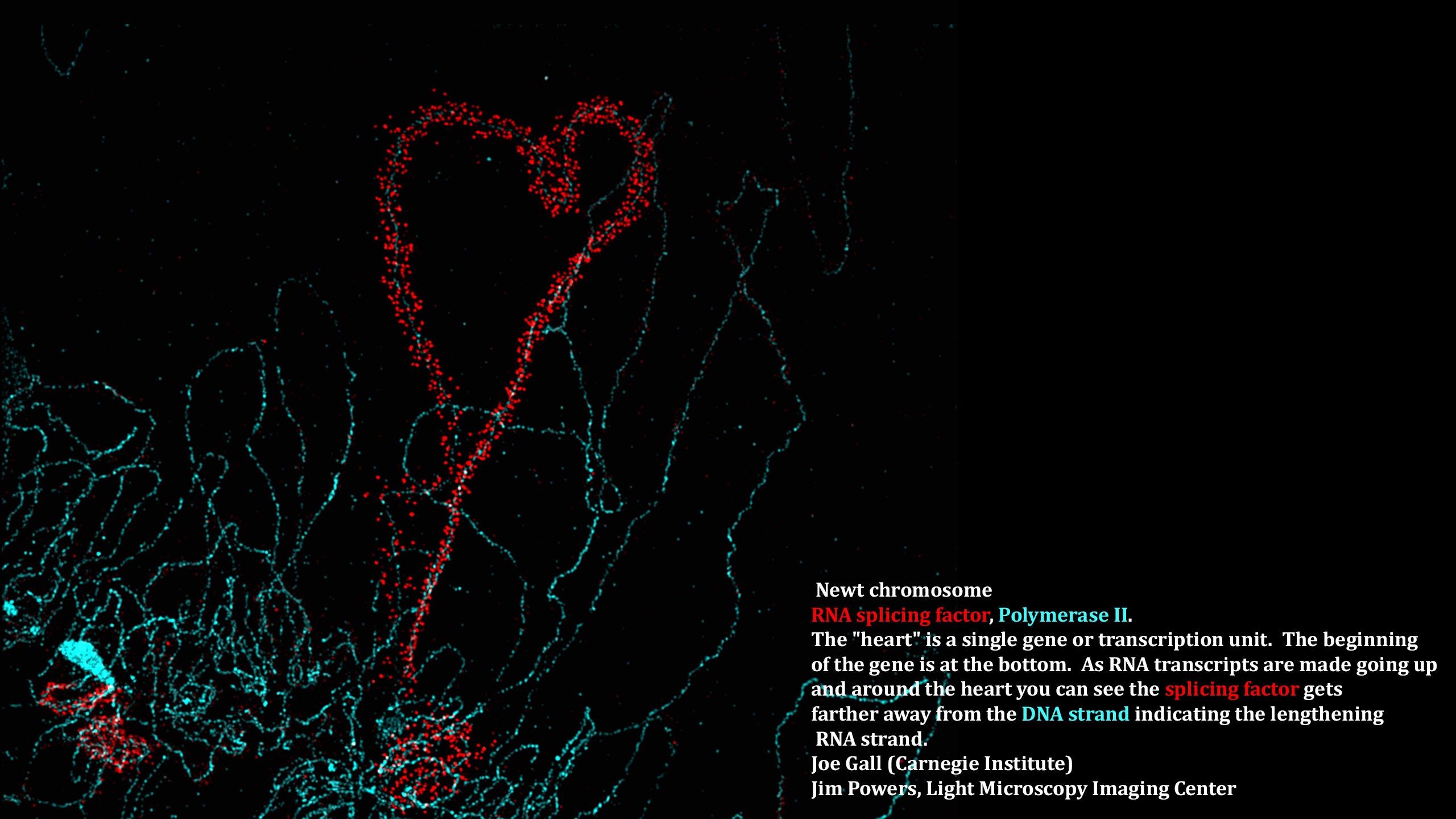The biological world is filled with a spectacular array of morphological forms. From towering redwoods down to the microscopic single cell, from the vast array of diverse neurons in the human brain to the shape of phagocytes engulfing harmful foreign particles, form facilitates function. How do these different cellular forms arise? How is the responsible information encoded within animal and plant genomes? How can billions of cells with the same genetic information become specialized to fulfill functions in different tissues of the same organism? And, how does disruption of these processes result in disease states?
In this area of concentration, students have the opportunity to explore the biochemical and molecular pathways that underlie cellular function. They study the genetic controls that can change cellular function in reversible and irreversible ways leading normally to not only tissue and organismal development but also to disease. This course of study requires students to integrate an understanding of biochemistry, molecular biology, genetics, and cell biology resulting in a holistic view of cellular and tissue function and organismal development.
Graduates of the Cell Biology and Molecular Genetics concentration are well situated to pursue a wide range of careers in health related professions, biological and medical research, laboratory quality control and diagnostics, public and global health, science policy, law and intellectual property, business, education, and science writing.


 The College of Arts
The College of Arts